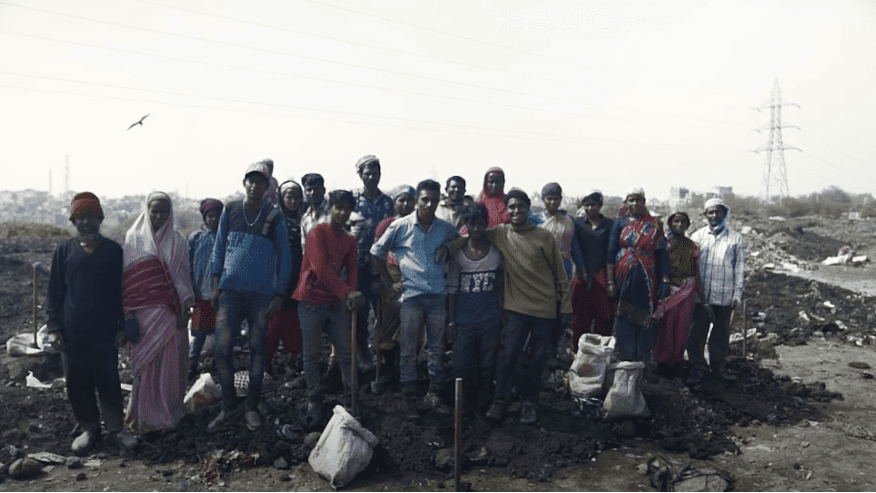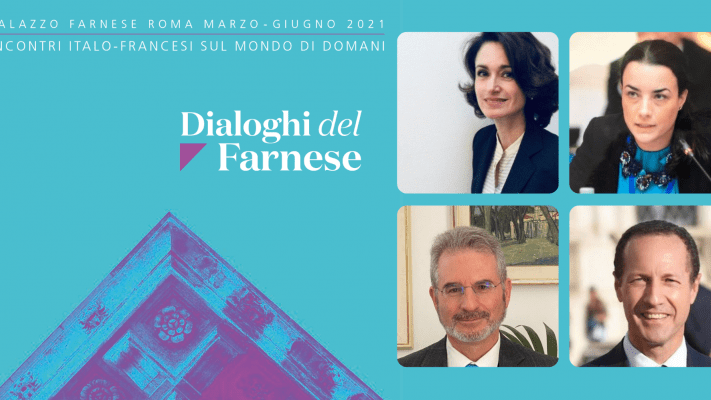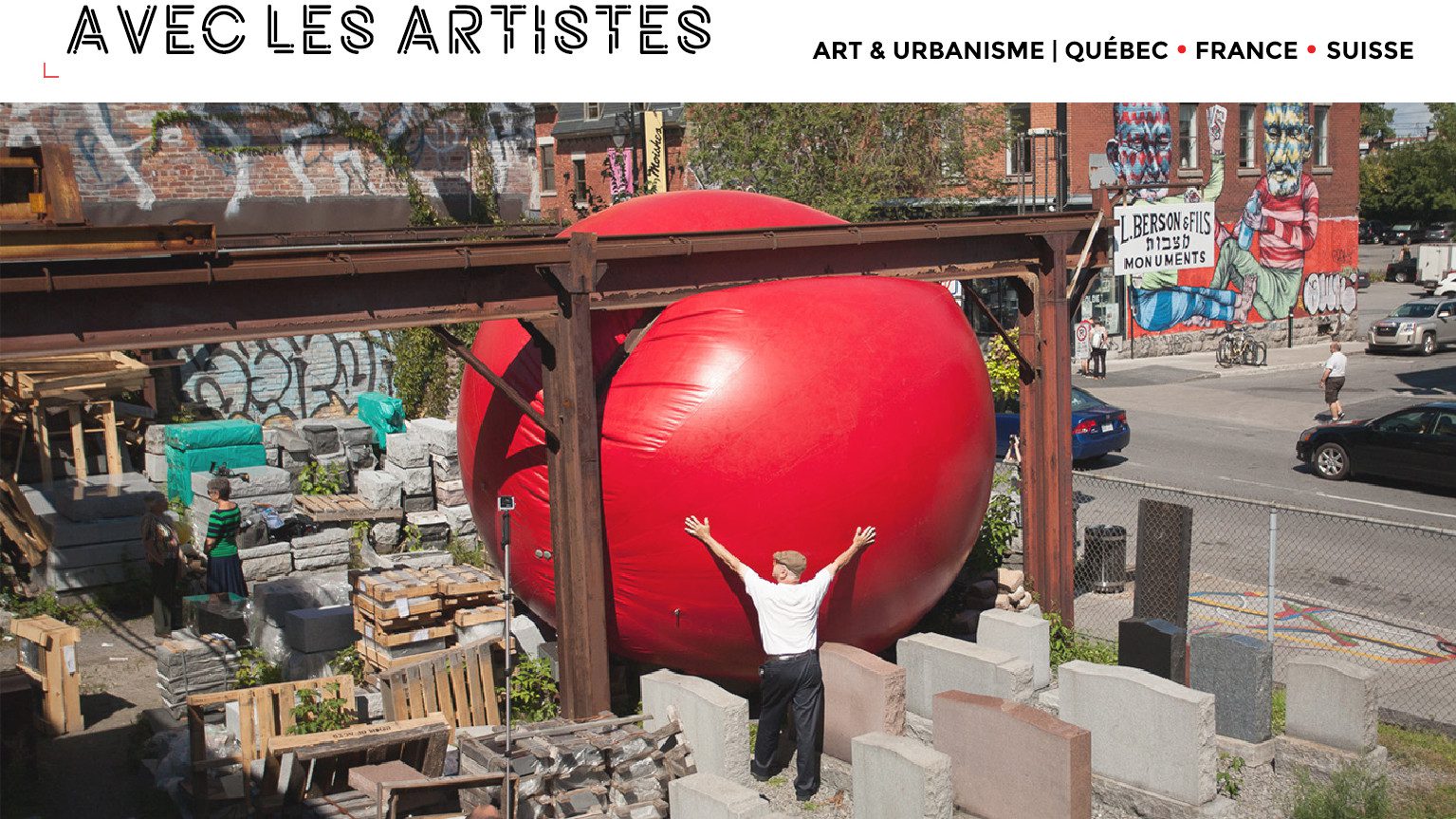As part of a cycle turned upside down by the health crisis, the French Institute of Japan drew on its historical partnerships with Japanese municipalities to consider the resilience of cities and the role of local communities in responding to emergency situations. The cycle also addressed the effects of the pandemic on mobility.
For several years, the French Embassy / French Institute of Japan has been organising, in partnership with Japanese entities and Veolia, debates on themes related to the environment and sustainable cities: 2015: " Franco-Japanese Forum on Ecological Transition " (Tokyo) / " The Digital City, New Services and Open Innovation " (Tokyo) / " Islands and Climate Change: Reducing energy dependency " (Okinawa) / " Towards the positive energy city: on the way to COP21" (Tokyo); 2017: " The ocean, a link between Japan and the world " (Night of Ideas, Tokyo); 2018: " Social entrepreneurship at the service of the territories " (Fukuoka), " What city of tomorrow for the elderly? "(Tokyo) / " Consum'actors, prod'actors: let's be the change! "(Tokyo); 2019: screenings of the documentary " Dekiru, it's possible! (Tokyo); 2019: screenings of the documentary "Dekiru, c'est possible!", followed by Franco-Japanese debates on local initiatives in favour of the environment (Tokyo, Fukuoka, Kyoto).
As a follow-up to these actions, the post organised a series of debates entitled "Imagining friendly and sustainable cities", supported by the d'Alembert 2020 Fund.
A first series of debates was held on 7 and 8 November 2020 as part of the "Thinking about resilience in the COVID-19 era" week, in partnership with the municipality of Yokohama. In this framework, Japanese and French panelists discussed the new forms of collaboration that have emerged in their respective countries in the light of the COVID crisis during a round table entitled "Open Innovation and City Resilience in the Era of COVID and for a Post-Covid World". A second series of roundtables was organised in partnership with the Living Lab of the Totsuka community in Yokohama to consider resilience from the perspective of local communities. It brought together Japanese participants and French participants from the research community residing in Japan for three roundtables:
- Round table "care, support for the elderly": Léo Martial, PhD student at Yokohama University on soft mobility, Sophie Buhnik (geographer, UMIFRE)
- Health" round table: Adrienne Sala (sociologist, UMIFRE), Bernard Thomann (historian of health and social policies, director of UMIFRE)
- Children's round table: Muriel Jolivet, sociologist specialising in family issues in Japan.
A final debate entitled "Moving away from the city? Discussing the effects of the Covid-19 pandemic on mobility and transport in France and Japan" was held at the French Institute of Japan on 21 January 2021, in collaboration with the French Research Institute at the Maison franco-japonaise (UMIFRE 19 MEAE-CNRS). About a hundred people were able to watch the debate with simultaneous translation, in Japanese on YouTube and in French on Facebook with a mainly Japanese-speaking audience. Sophie Buhnik, doctor of geography and associate researcher at the MFJ, moderated this debate bringing together researchers and members of civil society, including Christophe Enaux (professor of geography at the University of Strasbourg), Jean-Baptiste Frétigny (lecturer in geography at the University of Cergy), Akiko Sakanashi (professor of transport economics at Ritsumeikan University) and Ryôsuke TOURA (executive director of the division in charge of urban development strategies of the Tokyû railway group).
One of the main objectives was to measure the medium-term consequences of the pandemic on travel practices, particularly in medium- to large-sized urban areas such as Tokyo, Osaka, Paris and Strasbourg, where densification around major railway stations was favoured in order to encourage the use of public transport and thus reduce the carbon footprint of daily journeys. As containment can be the matrix for a new wave of urban sprawl (by stimulating less dense garden housing, closer to rural and forest areas), it encourages a new boom in individual (car) travel. How are public and private operators (train and bus companies, etc.) adapting to this development in France and Japan? The information commented by the speakers underlined the severe financial losses linked to the desertification of airports and the sharp drop in train journeys (between 40 and 60% on average for all the companies operating in the Tokyo region), but also the rise of cycling and walking in the city centre and suburbs. This has led to the consolidation of a network of paths leading to the creation of a "bicycle RER" in Paris. Furthermore, one of the logistical challenges for the operators of major infrastructures is to prepare for a return to a traffic level of at least 80% of that before the pandemic, which in Japan is also made difficult by the natural decrease in the population. In these conditions, the Covid-19 crisis also raises the issue of universal free public transport, particularly in medium-sized cities, whose advantages and limits were analysed by the speakers.
This content may also be of interest to you
28/06/2021






